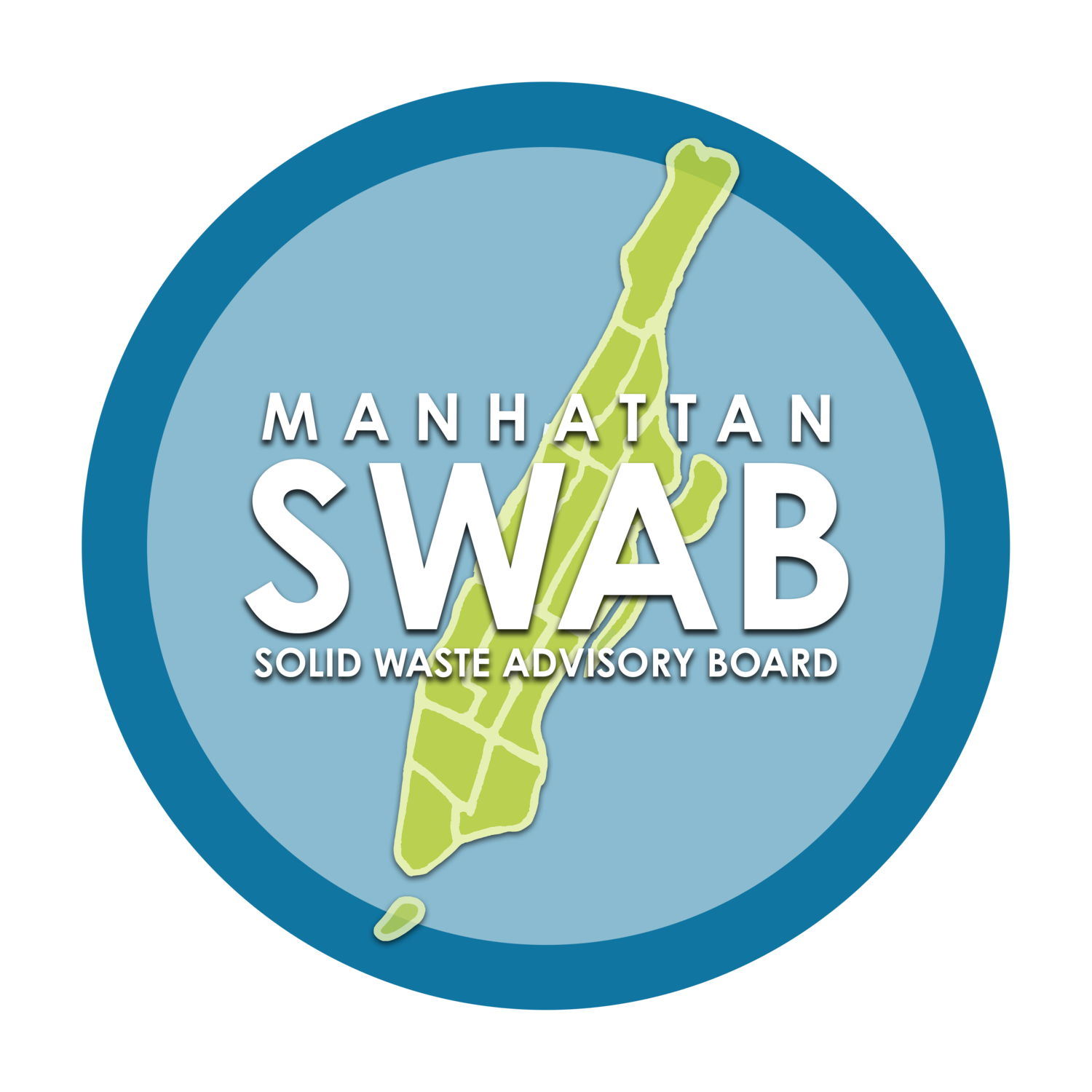How much WASTE does New York generate?
NYC generates nearly 30 tons of trash every year. Only ~20% is recycled.
However, if everything recyclable item were recycled, 68% of residential trash and 75% of commercial trash could be diverted from landfills to other solutions
Results of DSNY’s residential waste characterization study
how is waste managed in nyc?
Depending on the type and where it comes from, NYC’s waste is collected by different groups and goes to different locations
NYC has a “dual stream” system that requires residents to separate their waste from recyclables, and further separate recyclables into two groups: bottles, cans, and containers and mixed paper
Depending on the type and where it comes from, NYC’s waste is collected by different groups
The Department of Sanitation (DSNY) picks up residential and educational waste and recyclables. NYC relies on general tax revenue to fund waste collection. This contrasts to most major metropolitan areas, which charge residents based on how much trash they produce, providing incentive to minimize refuse generation
Private commercial firms do not receive free garbage pick-up by the city government and are instead required to pay private firms called “carters” to haul their waste and recyclables. Commercial firms are charged a fee based on the amount of waste they generate, incentivizing cost control
For other types of waste, curbside collection is not available. Individuals are responsible for dropping it off
how do i recycle my items? Where do they go when i discard them?
Cardboard
Cardboard items like boxes, cartons, and clean/dry paper cups and pizza boxes can be recycled in residential buildings
Half of NYC’s cardboard is recycled at Pratt on Staten Island, which makes half of NYC’s pizza boxes
Construction and Demolition (C&D) Waste
In NYC, C&D accounts for more than 60% of the solid waste stream. Around 40% of C&D materials are recycled
The city does mandate or manage recycling of C&D waste. Rather, is managed primarily by private transfer stations and processors
Glass
Citizens can recycle glass bottles and jars in their residential buildings
Glass is sent to Sims Municipal Recycling facility in Sunset Park, Brooklyn for processing and resale
Electronics
Citizens can drop off unwanted electronics at residential building (if enrolled in the eCycle program) at the LES Ecology Center’s E-waste Warehouse, at SAFE Collection Events, and Special Waste Drop-Off Sites. NOTE - all of these programs have been suspended during Covid-19
Organics
Food scraps, yard trimmings, and soiled paper comprise about 1/3 of NYC’s residential waste. These organic materials that can be composted and/or digested and turned into fertilizers or biogas
Manhattan residents who live in buildings with 10+ units can arrange for pickup or drop-off compostable items at these locations
The organic material goes to the Lower East Side Ecology Center to make compost or the Anaerobic Digesters to make biogas, a form of energy
Metal
Items like metal cans, foil trays, and wire hangers can be recycled inside residential buildings
Metals are sent to Sims Municipal Recycling Facility in Sunset Park, Brooklyn for processing, separation, and resale
Paper
Paper products like newspapers, magazines, computer paper, mail, paper bags, and soft cover books can be recycled in residential buildings
Almost 20% of NYC’s waste is recyclable paper and cardboard. Half of the city’s paper waste is sent to Pratt Industry’s paper mill on Staten Island to be recycled into pizza boxes
Pharmaceuticals
These resources summarize proper disposal of pharmaceutical waste
Plastics
NYC can recycle rigid plastics such as milk jugs and water bottles, but not soft plastics such as shopping bags
Plastic waste goes to Sims Municipal Recycling Facility
This resource summarizes opportunities to recapture plastic
Styrofoam
Textiles
The city sponsors the free ReFashion NYC program to collect clothing, shoes, towels, and rags, providing donation bins to residential apartments and picking up the material when the bins are full. Items are donated to Housing Works.
For those without a bin in their building, DSNY offers a map to show where textiles can be dropped off



